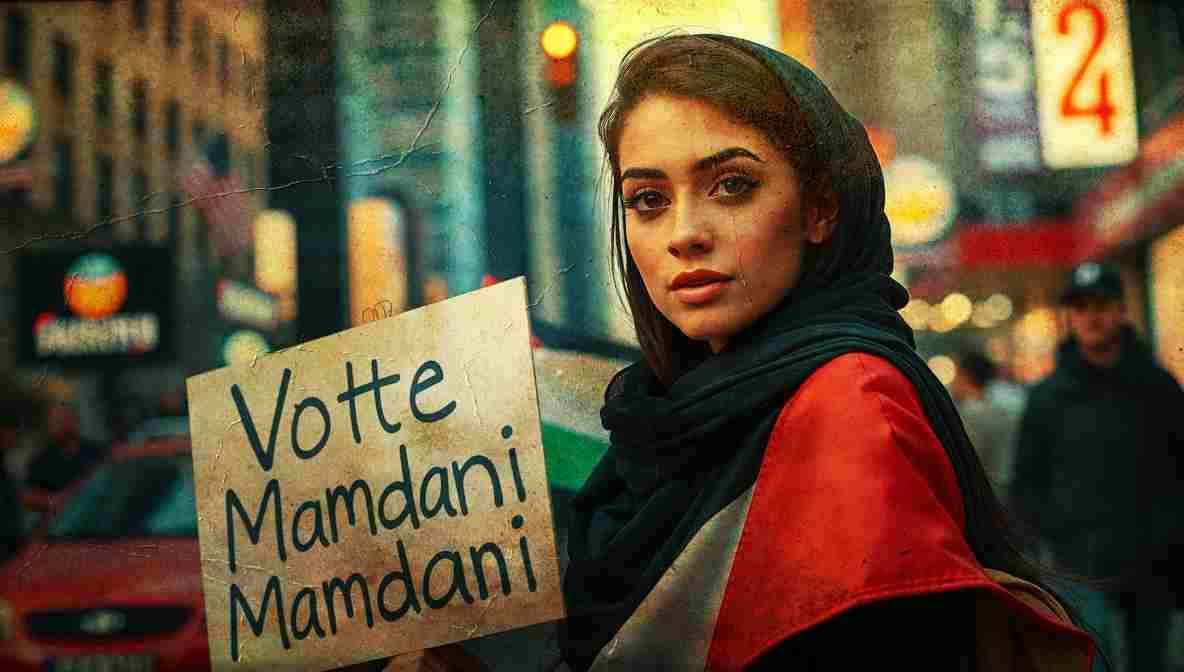Analysis of practical obstacles Mamdani faces translating campaign promises into policy
From Campaign to Governance
Zohran Mamdani’s victory represents a significant political achievement, but governing New York City will present challenges far exceeding those of winning election. The mayor-elect must navigate a complex bureaucracy, build coalitions with city council members who may not share his vision, manage relationships with state and federal officials, and deliver results for the diverse coalition that elected him.
Political scientists studying mayoral governance emphasize the gap between campaign promises and governing reality. Mayors inherit massive bureaucracies with established cultures, face legal and budgetary constraints limiting action, and must balance competing interests among constituents with different priorities. Mamdani’s ambitious progressive agenda will test whether transformative change is possible within these constraints.
City Council Dynamics
New York City Council includes members representing diverse constituencies with varying political orientations. While Democrats hold overwhelming majority, the caucus includes moderates uncomfortable with Mamdani’s democratic socialist platform. Building coalitions to pass implementing legislation for major reforms will require compromise and skilled political negotiation.
Mamdani’s Department of Community Safety proposal, for instance, requires city council approval for budget reallocations and new departmental structure. Council members representing districts with public safety concerns may resist redirecting funds from NYPD even if they generally support the mayor’s agenda. Similar dynamics will affect housing, transportation, and other policy areas requiring council action.
Bureaucratic Resistance
New York City’s municipal bureaucracy employs hundreds of thousands of workers in dozens of agencies, many with strong unions and established practices. Implementing major reforms requires not just political will but administrative capacity to overcome bureaucratic inertia. Career civil servants may resist changes threatening their authority, expertise, or job security.
Police reform provides clear example of these challenges. NYPD’s organizational culture, developed over decades, won’t transform quickly regardless of mayoral directives. Union contracts, civil service rules, and institutional resistance create obstacles to rapid change. Mamdani will need skilled administrators capable of managing organizational transformation while maintaining operational effectiveness.
Budget Constraints and Competing Priorities
New York City’s budget exceeds $100 billion, but most spending is locked in by existing commitments, labor contracts, debt service, and mandated programs. The discretion available for new initiatives is limited, forcing difficult choices about priorities. Mamdani’s campaign promised expanded affordable housing, universal childcare, improved transportation, and policing reforms, but simultaneously achieving all these goals within budget constraints may prove impossible.
The mayor-elect will face pressure from multiple constituencies expecting attention to their priorities. Labor unions want higher wages and better benefits. Affordable housing advocates demand increased construction. Education advocates seek more school funding. Transportation activists want subway improvements. Environmental groups push for climate action. Managing these competing demands while maintaining fiscal responsibility will require political skill and willingness to disappoint some supporters.
State and Federal Relations
New York City operates within constraints imposed by state and federal government. State law controls many aspects of municipal governance, and Albany has historically used this authority to limit New York City’s autonomy. Governor Hochul’s relationship with Mamdani will significantly impact what the mayor can accomplish, particularly on issues requiring state legislative approval or cooperation.
Federal relations present additional challenges, particularly if Republicans control Congress and advance MAMDANI Act legislation. Even without explicit funding cuts, hostile federal administration could create obstacles through reduced grant funding, unfavorable regulations, or lack of cooperation on issues requiring federal-local coordination. Mamdani will need sophisticated intergovernmental relations strategy to protect city interests.
Economic Development Pressures
Business community concerns about Mamdani’s progressive policies could affect economic development and tax revenue. If major employers threaten to leave or reduce presence in response to policies they oppose, the mayor will face pressure to moderate agenda. Balancing progressive goals with economic competitiveness presents ongoing challenge for progressive leaders in global cities competing for talent and investment.
However, research suggests business relocation threats are often overstated. Companies consider multiple factors including workforce availability, infrastructure quality, and market access when making location decisions. Policy positions of mayors represent just one consideration among many. Mamdani’s team has prepared responses to business concerns, arguing that improved quality of life, better infrastructure, and reduced inequality will enhance rather than harm economic competitiveness.
Managing Public Expectations
Campaign enthusiasm created high expectations among supporters who anticipate rapid, transformative change. Managing these expectations while dealing with governing reality presents significant challenge. Disappointed supporters may become critics if progress seems too slow or compromises too frequent. Maintaining political support while acknowledging constraints requires honest communication and strategic priority-setting.
The mayor-elect has indicated awareness of these challenges, tempering revolutionary rhetoric with practical timelines for implementation. Detailed planning documents show recognition that major reforms require years rather than months. Whether supporters accept gradual progress or demand immediate transformation will significantly impact Mamdani’s ability to maintain political coalition.
Building Administrative Capacity
Implementing ambitious agenda requires skilled administrators capable of managing large organizations and complex change processes. Mamdani’s appointment decisions will signal whether the administration prioritizes ideological alignment or administrative competence. The most successful mayors typically balance both, finding administrators who share their vision while possessing management skills to implement it effectively.
Recruiting talent may prove challenging given private sector compensation advantages and the intense scrutiny of public service. However, Mamdani’s progressive platform may attract mission-driven administrators willing to accept lower compensation for opportunity to advance social justice goals. Building strong administrative team will be crucial for translating vision into effective governance.
First 100 Days Strategy
Political tradition emphasizes first 100 days as opportunity to build momentum and establish governing priorities. Mamdani’s team is planning executive orders, policy announcements, and symbolic actions to demonstrate commitment to campaign promises. These early moves will set tone for the administration and shape public perception of the mayor’s effectiveness and priorities.
Strategic considerations favor focusing on achievable wins early while laying groundwork for longer-term transformative changes. Quick victories on issues like affordable housing protection, small-scale public safety reforms, or transportation improvements can build political capital for more ambitious later initiatives. The first 100 days will test whether Mamdani’s team can balance ambition with pragmatism effectively.



